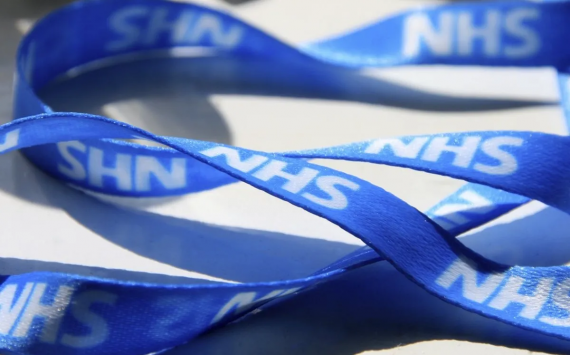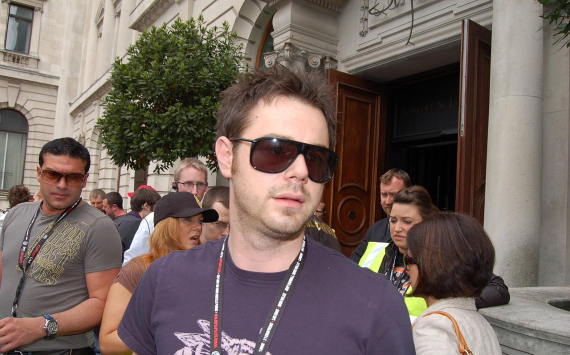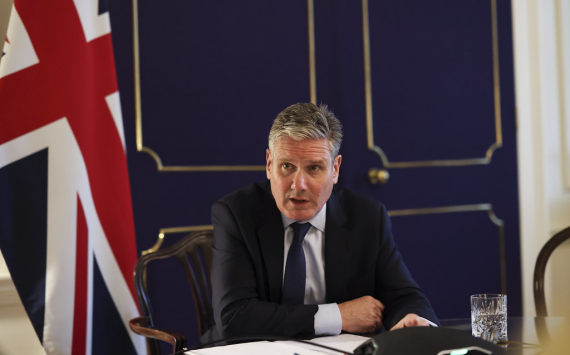
A historic crisis in the NHS
The UK faces a deep crisis in emergency medical care amid a sharp rise in the incidence of flu and COVID-19. Representatives of Britain's major professional bodies of doctors warned of this on Monday.
Health crises are different from crises in public services such as education and transport. They involve life and death.
Under Tony Blair, Labour oversaw one of the biggest increases in NHS spending in the post-war years. Nevertheless, his policies clearly failed to deliver.
Rishi Sunak and Keir Starmer recognise the urgency of reforming and improving the NHS, so much so that it may be worth considering it as a war on the parliamentary coalition for the time being.
"It's just appalling how long patients now have to wait. We are getting reports of patients in emergency departments waiting up to four days to be admitted to hospital, whereas before it took four hours," said the vice-president of the Royal College of Emergency Physicians, which sets the training standards for British doctors working in this field and accepts examinations for relevant qualifications.
He said some of the emergency departments were now "in a state of complete crisis" and staff were not able to help patients as much as they felt they needed to. According to Dr Adrian Boyle, president of the college, the situation this winter is "far worse than in previous years". He estimates that "due to delays and other problems with ambulance and emergency care" between 300 and 500 people are dying every week.
Saffron Cordery, who heads the kingdom's National Health Service (NHS) staff trade union, warned on Sunday that the level of workload on British medics is now the same as at the start of the COVID-19 pandemic in 2020. This is due to a seasonal increase in acute respiratory infections, including flu and covid, with large numbers of patients queuing up to have medical procedures delayed due to the pandemic, as well as shortages and professional burnout among health workers.
It is worth noting that according to Cordery, there are currently more than 130,000 vacancies in the NHS in the country.










































